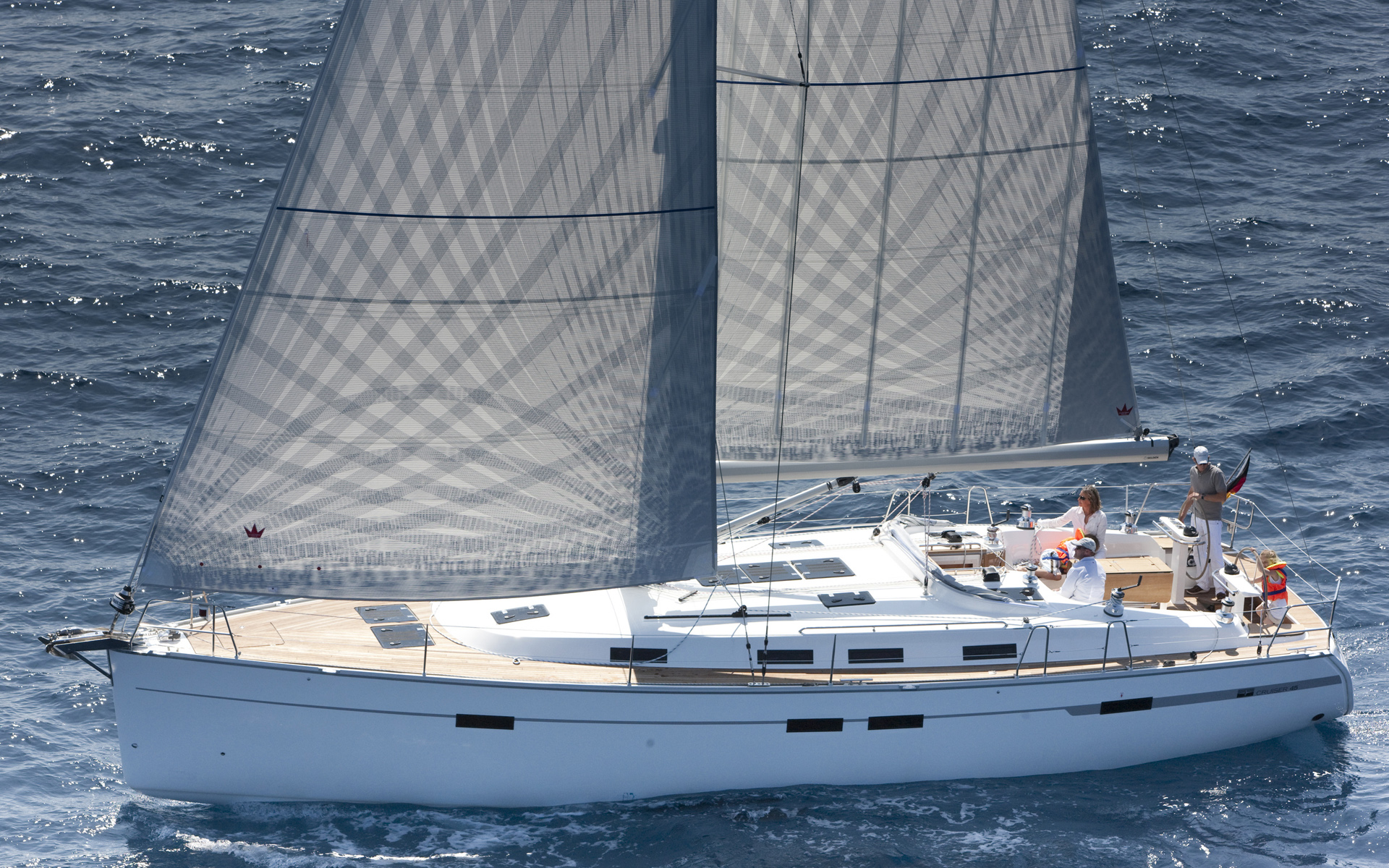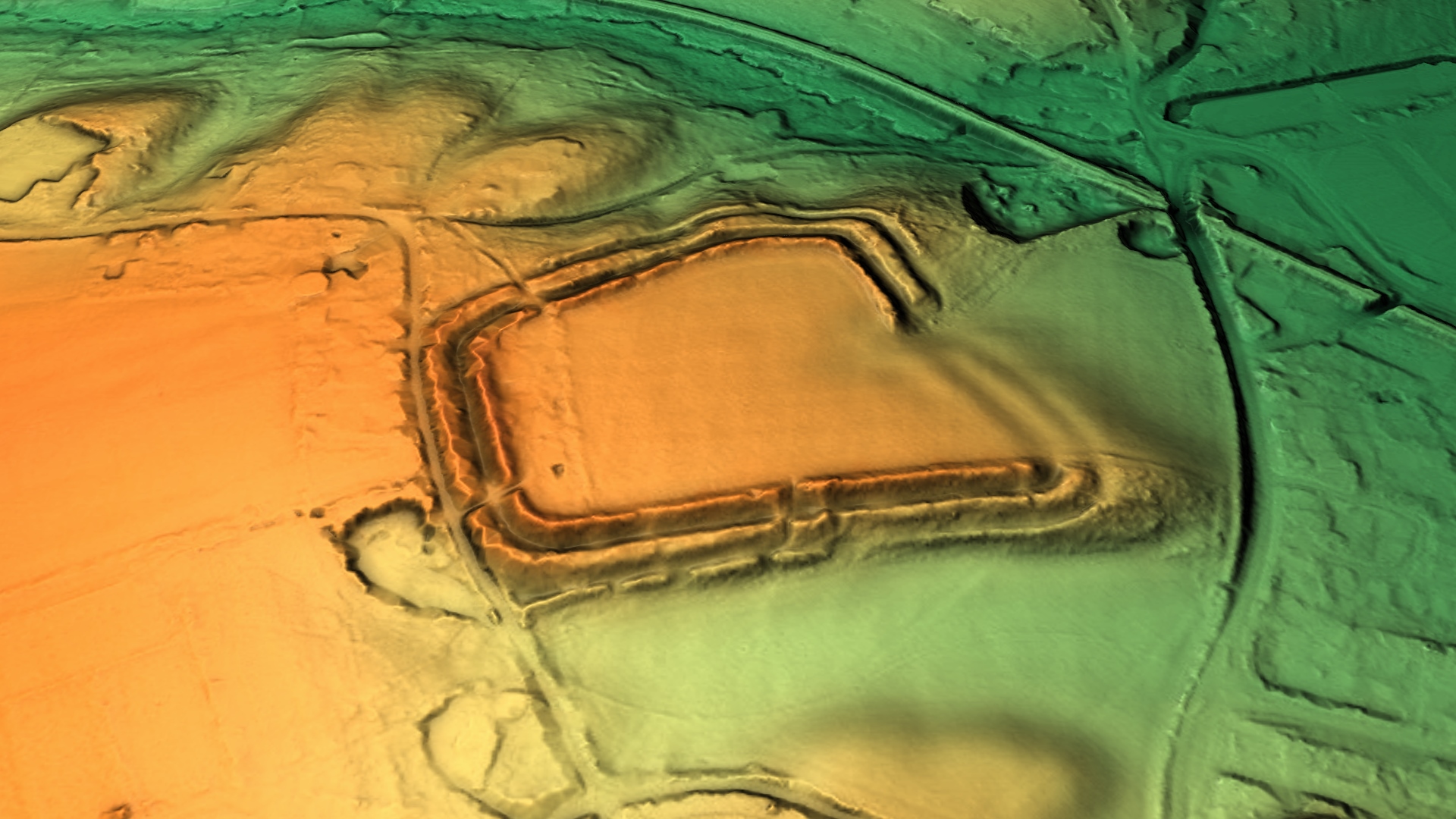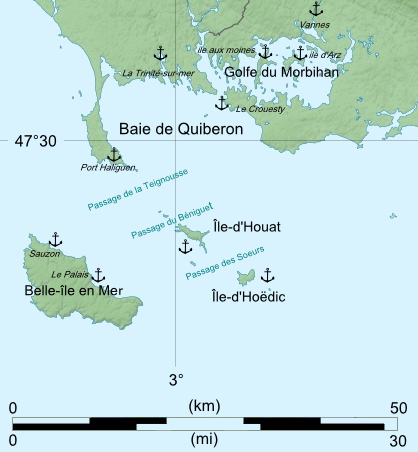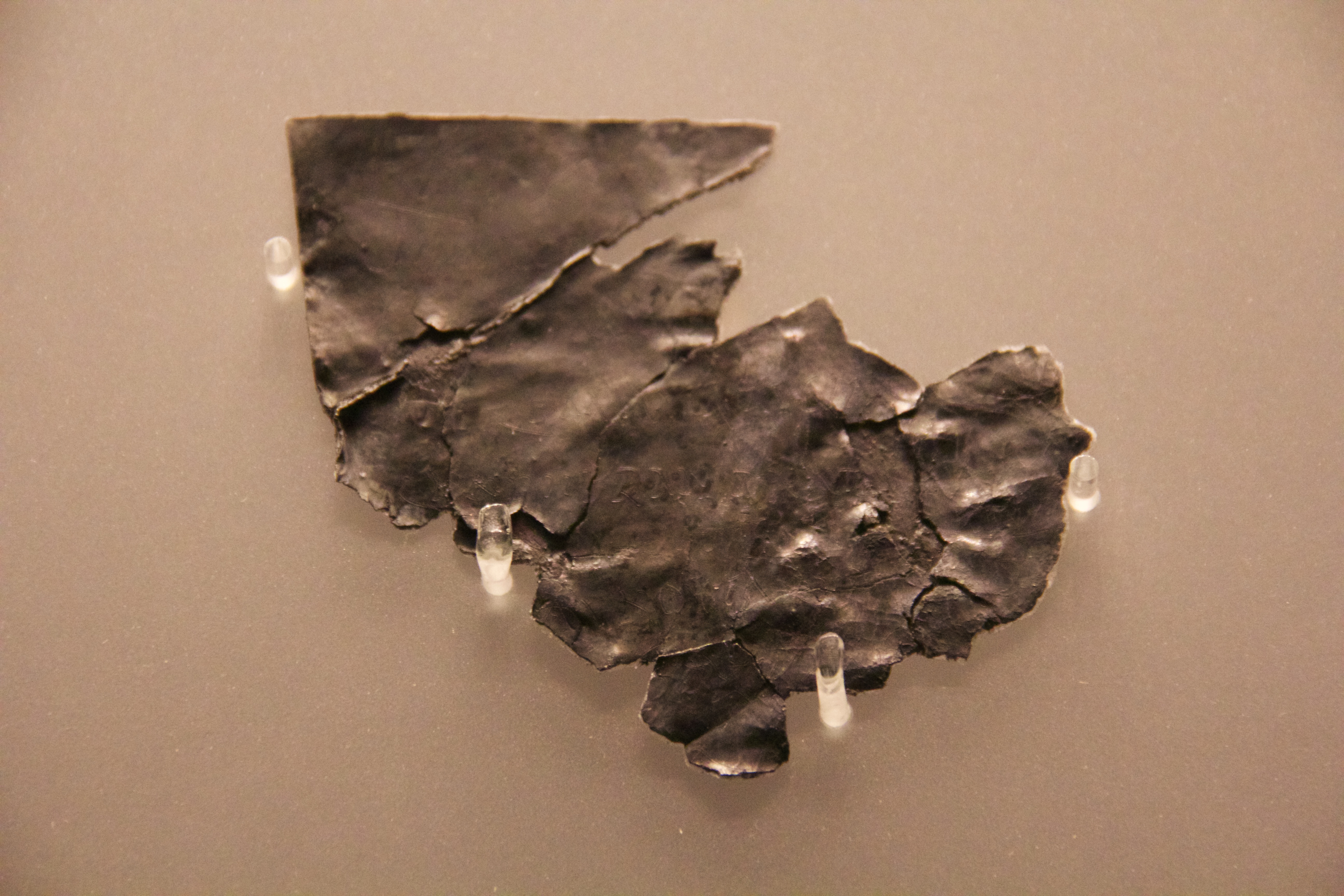|
Lymington Town F
Lymington is a port town on the west bank of the Lymington River on the Solent, in the New Forest district of Hampshire, England. It faces Yarmouth, Isle of Wight, to which there is a car ferry service operated by Wightlink. It is within the civil parish of Lymington and Pennington. The town has a large tourist industry, based on proximity to the New Forest and its harbour. It is a major yachting centre with three marinas. As of 2015, the parish of Lymington and Pennington had a population of 15,726. History The earliest settlement in the Lymington area was around the Iron Age hill fort known today as Buckland Rings. The hill and ditches of the fort survive, and archaeological excavation of part of the walls was carried out in 1935. The fort has been dated to around the 6th century BC. There is another supposed Iron Age site at nearby Ampress Hole. However, evidence of later settlement there (as opposed to occupation) is sparse before ''Domesday book'' (1086). Lymington ... [...More Info...] [...Related Items...] OR: [Wikipedia] [Google] [Baidu] |
Yacht
A yacht is a sailing or power vessel used for pleasure, cruising, or racing. There is no standard definition, though the term generally applies to vessels with a cabin intended for overnight use. To be termed a , as opposed to a , such a pleasure vessel is likely to be at least in length and may have been judged to have good aesthetic qualities. The Commercial Yacht Code classifies yachts and over as . Such yachts typically require a hired crew and have higher construction standards. Further classifications for large yachts are: —carrying no more than 12 passengers, —solely for the pleasure of the owner and guests, or by flag, the country under which it is registered. A superyacht (sometimes ) generally refers to any yacht (sail or power) longer than . Racing yachts are designed to emphasize performance over comfort. Charter yachts are run as a business for profit. As of 2020 there were more than 15,000 yachts of sufficient size to require a professional crew. Etymology ... [...More Info...] [...Related Items...] OR: [Wikipedia] [Google] [Baidu] |
Buckland Rings
Buckland Rings is the site of an Iron Age hill fort in the town of Lymington, Hampshire. Today, the mounds and dykes around the outside which once constituted its defences are still clearly visible, although the outer bank lies under the road on the west side, and on the south-east it is nearly ploughed-out. Excavations of the inner and middle ramparts in 1935 revealed that they were of wall-and-fill construction, retained at the front by upright timber beams and walls of cut and laid turf. The entrance, which lies on the east side, was also excavated revealing a long entrance passage and the postholes for a pair of stout gateposts. The site was bought by Hampshire County Council in 1989 to ensure its preservation, and it is open to the public from the A337 road onto which part of it faces. Overview Buckland Rings is a triple-banked, rectangular encampment dating from the Iron Age. Although this type of enclosure is commonly referred to as a hillfort, Buckland Rings is in fact o ... [...More Info...] [...Related Items...] OR: [Wikipedia] [Google] [Baidu] |
Shipbuilding
Shipbuilding is the construction of ships and other floating vessels. It normally takes place in a specialized facility known as a shipyard. Shipbuilders, also called shipwrights, follow a specialized occupation that traces its roots to before recorded history. Shipbuilding and ship repairs, both commercial and military, are referred to as "naval engineering". The construction of boats is a similar activity called boat building. The dismantling of ships is called ship breaking. History Pre-history The earliest known depictions (including paintings and models) of shallow-water sailing boats is from the 6th to 5th millennium BC of the Ubaid period of Mesopotamia. They were made from bundled reeds coated in bitumen and had bipod masts. They sailed in shallow coastal waters of the Persian Gulf. 4th millennium BC Ancient Egypt Evidence from Ancient Egypt shows that the early Egyptians knew how to assemble planks of wood into a ship hull as early as 3100 BC. Egyptian potte ... [...More Info...] [...Related Items...] OR: [Wikipedia] [Google] [Baidu] |
Battle Of Quiberon Bay
The Battle of Quiberon Bay (known as ''Bataille des Cardinaux'' in French) was a decisive naval engagement during the Seven Years' War. It was fought on 20 November 1759 between the Royal Navy and the French Navy in Quiberon Bay, off the coast of France near St. Nazaire. The battle was the culmination of British efforts to eliminate French naval superiority, which could have given the French the ability to carry out their planned invasion of Great Britain. A British fleet of 24 ships of the line under Sir Edward Hawke tracked down and engaged a French fleet of 21 ships of the line under Marshal de Conflans. After hard fighting, the British fleet sank or ran aground six French ships, captured one and scattered the rest, giving the Royal Navy one of its greatest victories, and ending the threat of French invasion for good. The battle signalled the rise of the Royal Navy in becoming the world's foremost naval power, and, for the British, was part of the Annus Mirabilis of 1759 ... [...More Info...] [...Related Items...] OR: [Wikipedia] [Google] [Baidu] |
Invasion Of France (1795)
The invasion of France in 1795 or the Battle of Quiberon was a major landing on the Quiberon peninsula by émigré, counter-revolutionary troops in support of the Chouannerie and Vendée Revolt, beginning on 23 June and finally definitively repulsed on 21 July. It aimed to raise the whole of western France in revolt, bring an end to the French Revolution and restore the French monarchy. The invasion failed; it had a major negative impact, dealing a disastrous blow to the royalist cause. Preparations Louis XVIII and the comte d’Artois (the future Charles X of France) divided the counter-revolutionary activities and theatres between them - to Louis went political generalities and the region from the Alps to the Pyrénées (including Lyon), and to the comte the western provinces (Vendée, Brittany, Normandy). The comte named Joseph de Puisaye général en chef of Brittany, a good choice since de Puisaye had military talent and political and diplomatic experience. Playing t ... [...More Info...] [...Related Items...] OR: [Wikipedia] [Google] [Baidu] |
Quiberon
Quiberon (; , ) is a commune in the French department of Morbihan, administrative region of Brittany, western France. It is situated on the southern part of the Quiberon peninsula, the northern part being the commune of Saint-Pierre-Quiberon. It is primarily known as a seaside resort for French tourists during summer, and for its history of sardine production. Quiberon is connected to the mainland by a tombolo. History During the Seven Years' War the bay was the site of the Battle of Quiberon Bay (1759) between the French and British fleets. Then later in July 1795 during the period of the French Revolution, Quiberon was also used by French Royalist exiles, with assistance from the British, as the base for a failed invasion of Brittany (traditionally a royalist area). The invasion was defeated by the Revolutionaries under General Lazare Hoche. In the 19th century, Nicolas Appert, a chemist, developed a technique that permitted the sterilization of food. Thanks to this process ... [...More Info...] [...Related Items...] OR: [Wikipedia] [Google] [Baidu] |
King's German Legion-Artillery
Kings or King's may refer to: *Monarchs: The sovereign heads of states and/or nations, with the male being kings *One of several works known as the "Book of Kings": **The Books of Kings part of the Bible, divided into two parts **The ''Shahnameh'', an 11th-century epic Persian poem **The Morgan Bible, a French medieval picture Bible **The Pararaton, a 16th-century Javanese history of southeast Asia *The plural of any king Business * Kings Family Restaurants, a chain of restaurants in Pennsylvania and Ohio * Kings Food Markets, a chain supermarket in northern New Jersey * King's Favourites, a brand of cigarettes *King's Variety Store, a chain of stores in the USA * King's (defunct discount store), a defunct chain of discount stores in the USA Education *King's College (other), various colleges * King's School (other), various schools * The King's Academy (other), various academies Electoral districts * King's (New Brunswick electoral district) (1867 ... [...More Info...] [...Related Items...] OR: [Wikipedia] [Google] [Baidu] |
Napoleonic Wars
The Napoleonic Wars (1803–1815) were a series of major global conflicts pitting the French Empire and its allies, led by Napoleon I, against a fluctuating array of European states formed into various coalitions. It produced a period of French domination over most of continental Europe. The wars stemmed from the unresolved disputes associated with the French Revolution and the French Revolutionary Wars consisting of the War of the First Coalition (1792–1797) and the War of the Second Coalition (1798–1802). The Napoleonic Wars are often described as five conflicts, each termed after the coalition that fought Napoleon: the Third Coalition (1803–1806), the Fourth (1806–1807), the Fifth (1809), the Sixth (1813–1814), and the Seventh (1815) plus the Peninsular War (1807–1814) and the French invasion of Russia (1812). Napoleon, upon ascending to First Consul of France in 1799, had inherited a republic in chaos; he subsequently created a state with stable financ ... [...More Info...] [...Related Items...] OR: [Wikipedia] [Google] [Baidu] |
Hurst Spit
Hurst Spit is a shingle bank near the village of Keyhaven, at the western end of the Solent, on the south coast of England. The spit shelters an area of saltmarsh and mudflats known as Keyhaven and Pennington marshes. At the end of the spit is Hurst Castle, an artillery fortress originally built on the orders of King Henry VIII, and much enlarged in the 19th century. Hurst Point Lighthouse was built on the end of Hurst Spit in the 1860s. Geography Hurst Spit is a hook-shaped shingle spit which extends for from the Hampshire shore into the Solent towards the Isle of Wight. The spit forms a barrier which shelters a Site of Special Scientific Interest known as Hurst Castle And Lymington River Estuary. To reach the end of the spit one can either catch the seasonal ferry from Keyhaven, or follow the footpath (part of the Solent Way) along the top of the spit. The sea route past Hurst Spit can be hazardous to boats because the constriction to the tidal flow caused by the spit ... [...More Info...] [...Related Items...] OR: [Wikipedia] [Google] [Baidu] |
Redistribution Of Seats Act 1885
The Redistribution of Seats Act 1885 (48 & 49 Vict., c. 23) was an Act of the Parliament of the United Kingdom. It was a piece of electoral reform legislation that redistributed the seats in the House of Commons, introducing the concept of equally populated constituencies, a concept in the broader global context termed equal apportionment, in an attempt to equalise representation across the UK. It was associated with, but not part of, the Representation of the People Act 1884. Background The first major reform of Commons' seats took place under the Reform Act 1832. The second major reform of Commons' seats occurred in three territory-specific Acts in 1867–68: *the Reform Act 1867 applied to English and Welsh constituencies *the Representation of the People (Scotland) Act 1868 applied to Scottish constituencies and gave Scotland an additional quota of seats *the Representation of the People (Ireland) Act 1868 applied to Irish constituencies. The latter United Kingdom set of ... [...More Info...] [...Related Items...] OR: [Wikipedia] [Google] [Baidu] |
Reform Act 1867
The Representation of the People Act 1867, 30 & 31 Vict. c. 102 (known as the Reform Act 1867 or the Second Reform Act) was a piece of British legislation that enfranchised part of the urban male working class in England and Wales for the first time. It took effect in stages over the next two years, culminating in full commencement on 1 January 1869. Before the Act, only one million of the seven million adult men in England and Wales could vote; the Act immediately doubled that number. Further, by the end of 1868 all male heads of household could vote, having abolished the widespread mechanism of the deemed rentpayer or ratepayer being a superior lessor or landlord who would act as middleman for those monies paid ("compounding"). The Act introduced a near-negligible redistribution of seats, far short of the urbanisation and population growth since 1832. The overall intent was to help the Conservative Party, Benjamin Disraeli expecting a reward for his sudden and sweeping backin ... [...More Info...] [...Related Items...] OR: [Wikipedia] [Google] [Baidu] |
British Language (Celtic)
Common Brittonic ( cy, Brythoneg; kw, Brythonek; br, Predeneg), also known as British, Common Brythonic, or Proto-Brittonic, was a Celtic language spoken in Britain and Brittany. It is a form of Insular Celtic, descended from Proto-Celtic, a theorized parent tongue that, by the first half of the first millennium BC, was diverging into separate dialects or languages. Pictish is linked, likely as a sister language or a descendant branch. Evidence from early and modern Welsh shows that Common Brittonic took a significant amount of influence from Latin during the Roman period, especially in terms related to the church and Christianity. By the sixth century AD, the tongues of the Celtic Britons were more rapidly splitting into Neo-Brittonic: Welsh, Cumbric, Cornish, Breton, and possibly the Pictish language. Over the next three centuries it was replaced in most of Scotland by Scottish Gaelic and by Old English (from which descend Modern English and Scots) throughout most of ... [...More Info...] [...Related Items...] OR: [Wikipedia] [Google] [Baidu] |



.png)




